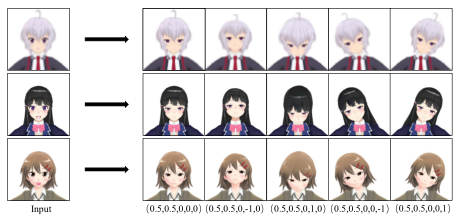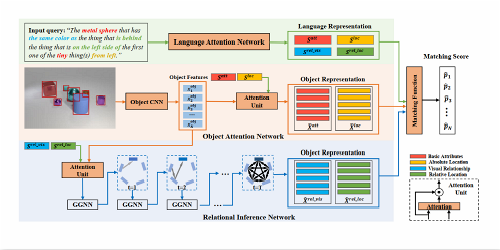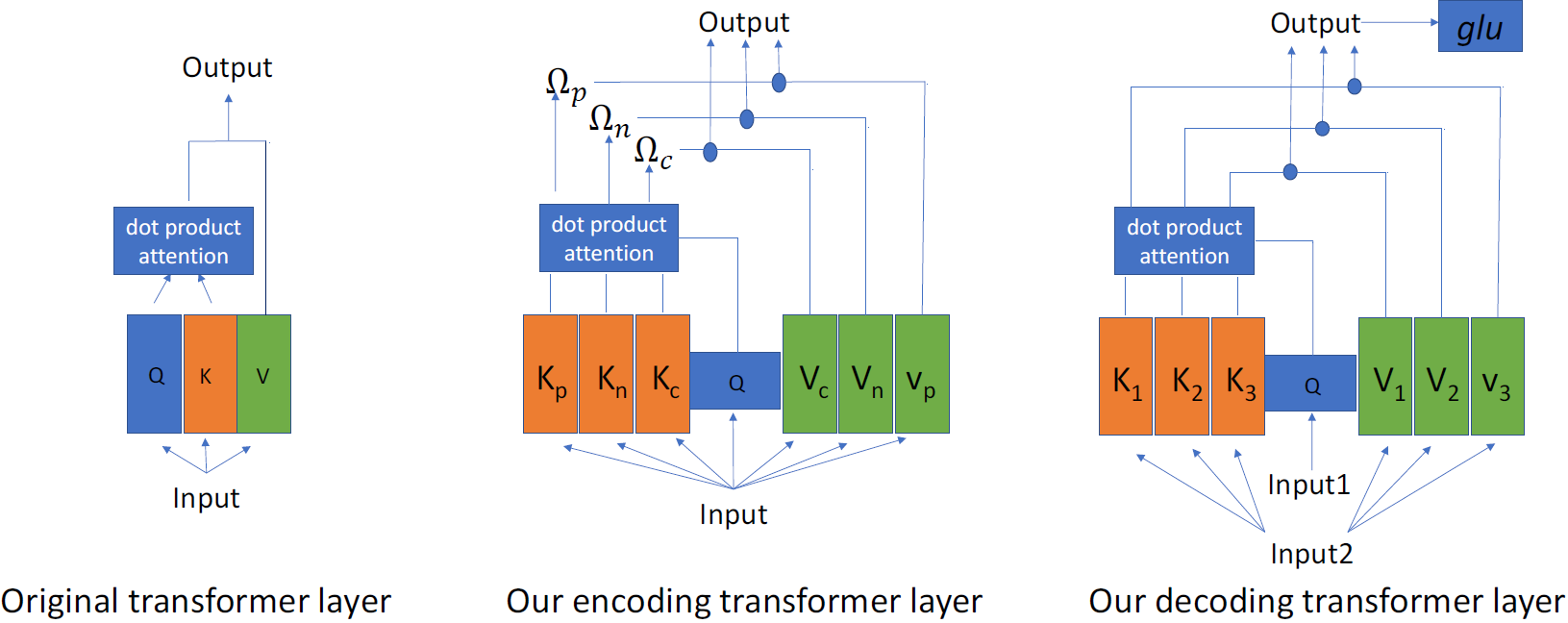Rotation Axis Focused Attention Network (RAFA-Net) for Estimating Head Pose
Ardhendu Behera (Edge Hill University)*, Zachary Wharton (Edge Hill University), Pradeep Hewage (Edge Hill University), Swagat Kumar (Edge Hill University)
Keywords: Face, Pose, Action, and Gesture
Abstract:
Head pose is a vital indicator of human attention and behavior. Therefore, automatic estimation of head pose from images is key to many real-world applications. In this paper, we propose a novel approach for head pose estimation from a single RGB image. Many existing approaches often predict head poses by localizing facial landmarks and then solve 2D to 3D correspondence problem with a mean head model. Such approaches completely rely on the landmark detection accuracy, an ad-hoc alignment step, and the extraneous head model. To address this drawback, we present an end-to-end deep network, which explores rotation axis (yaw, pitch, and roll) focused innovative attention mechanism to capture the subtle changes in images. The mechanism uses attentional spatial pooling from a self-attention layer and learns the importance over fine-grained to coarse spatial structures and combine them to capture rich semantic information concerning a given rotation axis. The experimental evaluation of our approach using three benchmark datasets is very competitive to state-of-the-art methods, including with and without landmark-based approaches.
SlidesLive
Similar Papers
CPTNet: Cascade Pose Transform Network for Single Image Talking Head Animation
Jiale Zhang (Huazhong University of Science and Technology), Ke Xian (Huazhong University of Science and Technology), Chengxin Liu (Huazhong University of Science and Technology)*, Yinpeng Chen (Huazhong University of Science and Technology), Zhiguo Cao (Huazhong Univ. of Sci.&Tech.), Weicai Zhong (Huawei CBG Consumer Cloud Service Big Data Platform Dept.)

Modular Graph Attention Network for Complex Visual Relational Reasoning
Yihan Zheng (South China University of Technology), Zhiquan Wen (South China University of Technology), Mingkui Tan (South China University of Technology)*, Runhao Zeng (South China University of Technology), Qi Chen (South China University of Technology), Yaowei Wang (PengCheng Laboratory), Qi Wu (University of Adelaide)

Image Captioning through Image Transformer
Sen He (University of Exeter)*, Wentong Liao (Leibniz University Hannover), Hamed R. Tavakoli (Nokia Technologies), Michael Yang (University of Twente), Bodo Rosenhahn (Leibniz University Hannover), Nicolas Pugeault (University of Glasgow)
